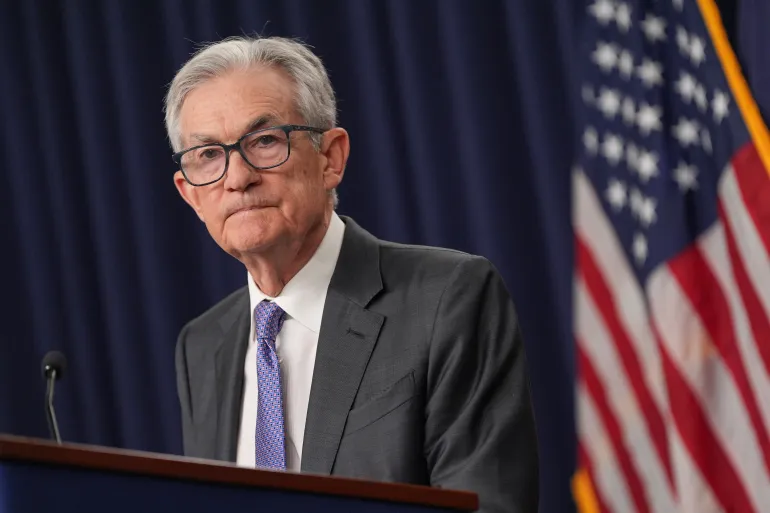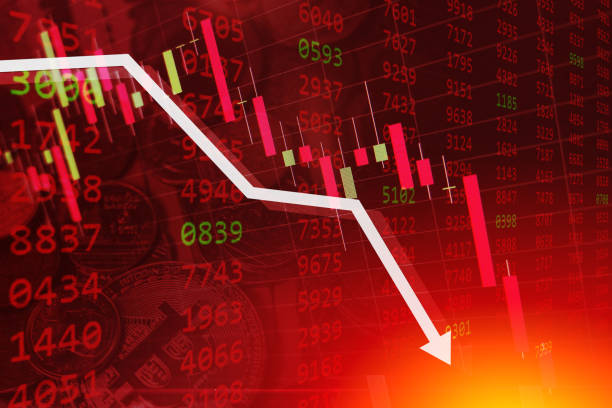With US stocks tumbling and market volatility surging, many Americans are closely watching their retirement accounts, wondering whether they should adjust their financial strategies.
While stock market fluctuations are nothing new, recent instability has raised concerns for those planning for retirement.
For individuals like Carl Young, a semi-retired energy industry executive living in Florida, the market’s downturn is concerning. He sees the current turbulence as a self-inflicted wound rather than the result of an external crisis like the COVID-19 pandemic. His apprehension is shared by many Americans, particularly those with significant investments in stocks and 401(k) retirement accounts.
According to a Gallup poll, about 60% of Americans have stock market investments, either directly or through retirement funds. These investments are particularly common among higher earners, older workers, and skilled professionals. Many Americans rely on their 401(k) accounts to build long-term wealth, making them sensitive to market fluctuations.
The uncertainty surrounding tariffs and trade policies has fueled market instability, prompting some investors to reconsider their retirement plans. Financial service providers like the Teachers Insurance and Annuity Association (TIAA) have reported a 30% spike in calls and online account logins as investors react to market news.
Financial advisors generally urge clients to maintain a long-term perspective, warning against panic-driven decisions. Evan Potash, a wealth management advisor at TIAA, reminds clients that selling investments in a downturn can mean locking in losses, while long-term investors often benefit from eventual market recoveries.
For some, patience and faith in long-term market growth provide reassurance. Barry Brown, a 63-year-old communications and IT specialist in South Carolina, had considered early retirement but ultimately decided to wait until age 65. While he remains concerned about market fluctuations, he believes his investments will recover over time and continues working to ensure financial stability.
Others, however, are rethinking their timelines. Catherine Foster, an administrator at a Florida college, had hoped to retire at 60 but is now uncertain. A recent look at her 401(k) showed a $10,000 decline, leading her to reconsider whether she can afford to retire on schedule.
History offers lessons about how economic downturns impact retirement savings. The 2008 financial crisis caused long-lasting damage to many investors’ retirement accounts, particularly those who were close to retirement and unable to recover from their losses. However, the COVID-19 stock market decline, though sharp, was followed by a rapid recovery and a strong job market, allowing many older Americans to continue working.
Laura Quinby, an associate director at the Center for Retirement Research at Boston College, emphasizes that working longer is one of the most effective ways to strengthen retirement finances. Those who lost jobs during the Great Recession often struggled to find new work, leading to earlier-than-expected retirements and financial difficulties.
While economic uncertainty remains, financial planners stress the importance of staying focused on long-term goals. John Daly, a financial planner in Illinois, acknowledges that market downturns can be unsettling but encourages clients to maintain perspective.
“The stock market is a long-term investment,” he says. “Things will return to normal eventually—it’s just about riding out this moment.”










The latest news in your social feeds
Subscribe to our social media platforms to stay tuned